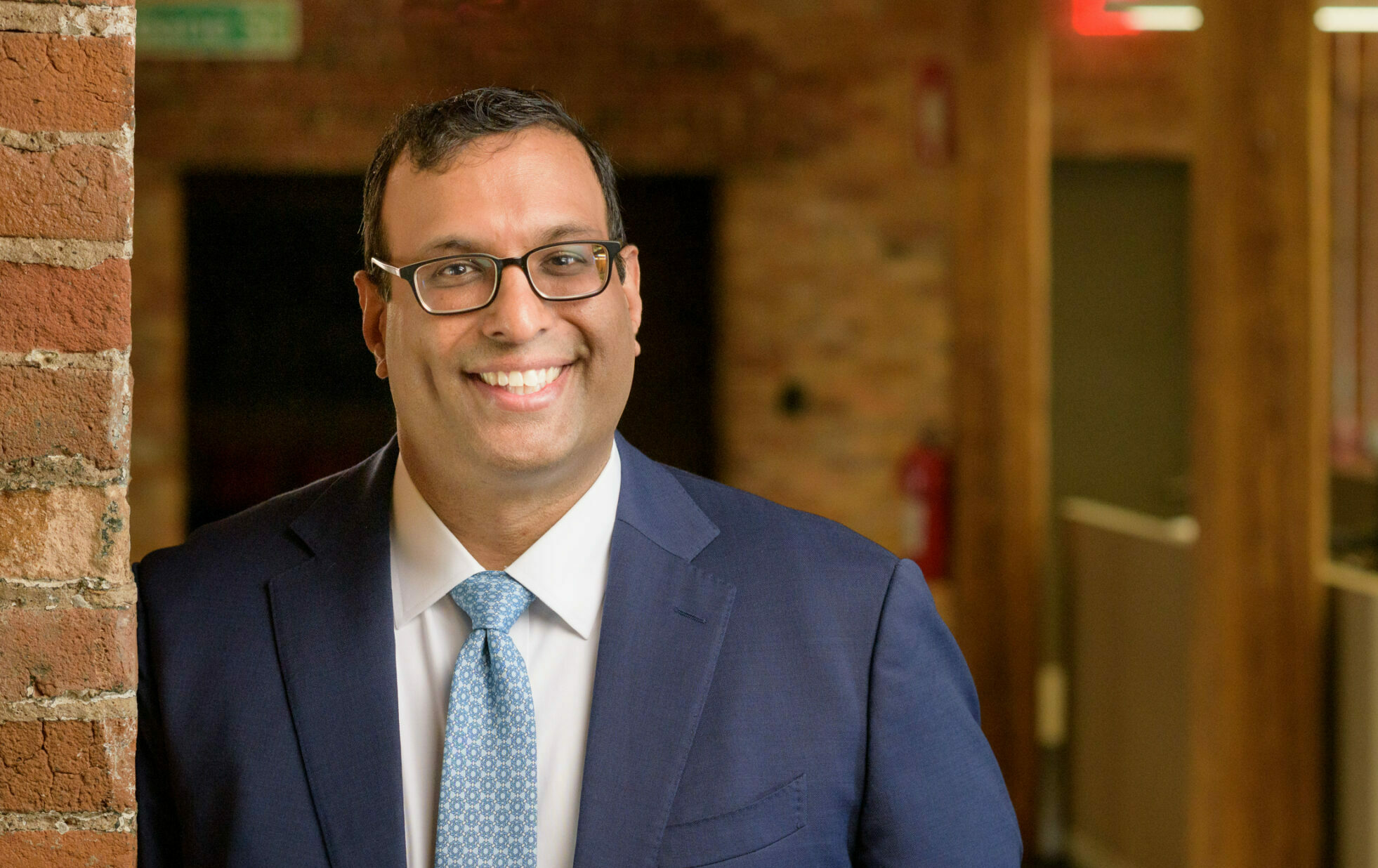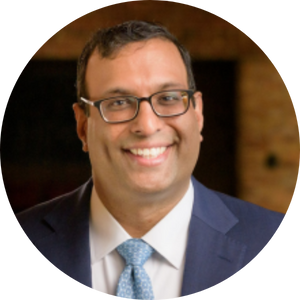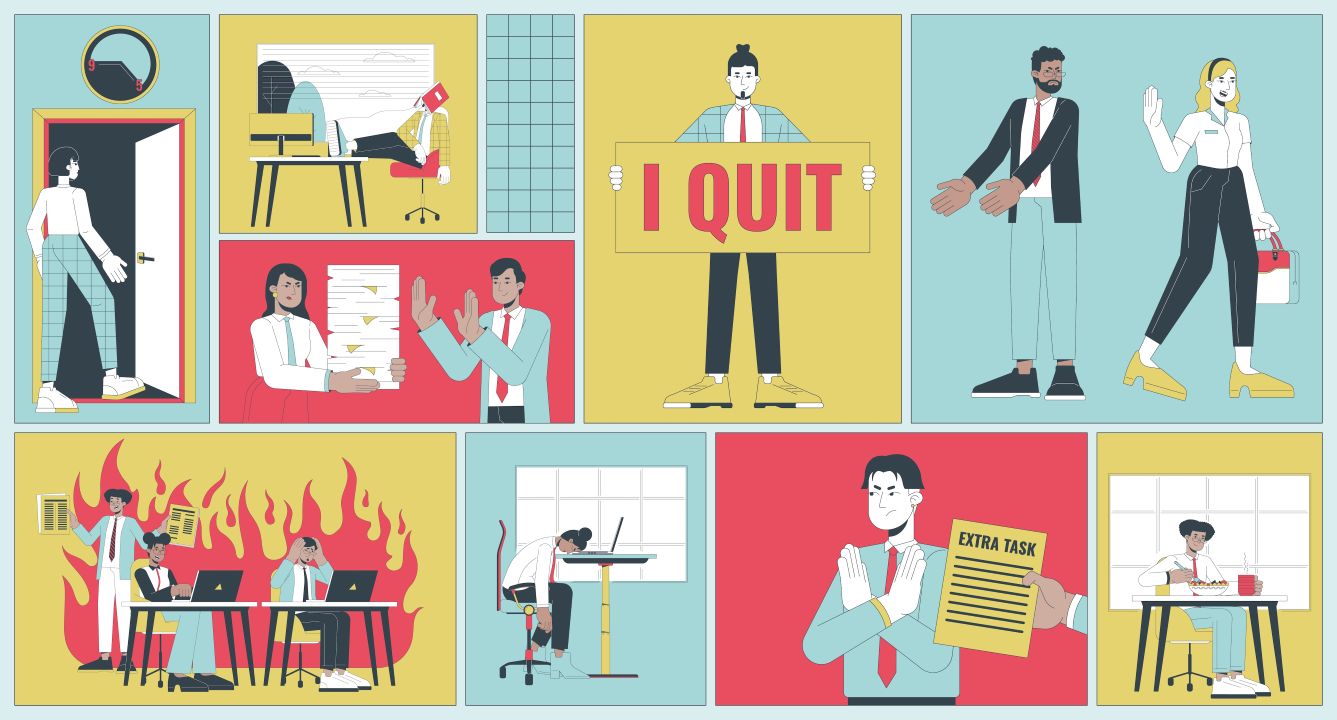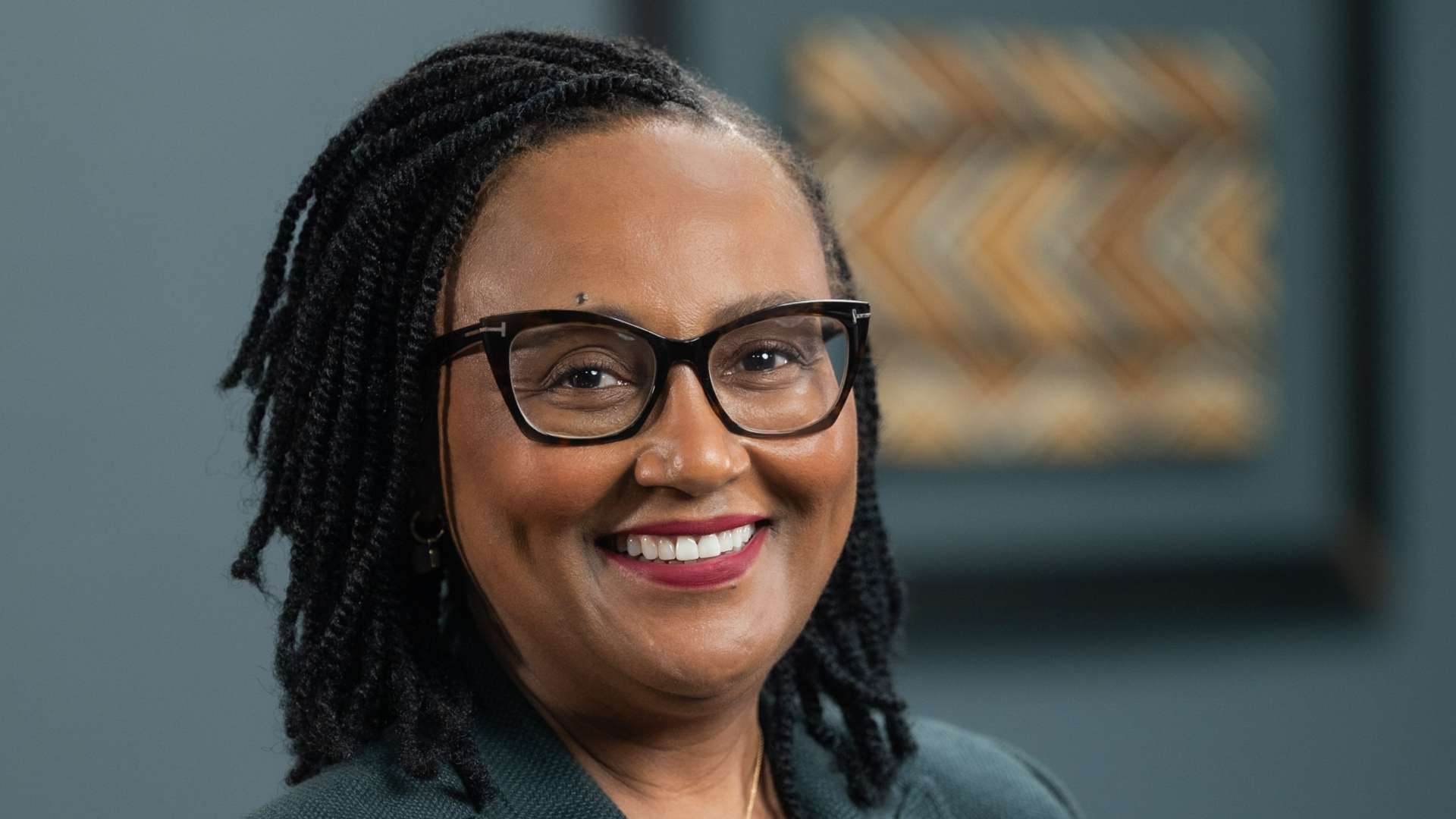The polycrisis demands courage from the comfortable.
We choose to go to the Moon in this decade and do the other things,” said John F Kennedy to Congress in 1962, “not because they are easy, but because they are hard.” Neil Armstrong took the giant leap for mankind just seven years later.
Today, the race for space exploration is led by the private sector – witness the efforts of Space X and Blue Origin. The courage to effect human advancement has always been, and still is, inside companies. Yet the evidence is that the pioneers are becoming rarer: not through lack of ability, but through lack of will.
When Professor Sim Sitkin researched courage in organizations, he discovered a troubling truth. The very organizations that were best placed to be brave were least likely to be so. “A stretch goal is defined as a seemingly impossible goal under current conditions,” says Sitkin, Michael W Krzyzewski university distinguished professor in leadership at the Fuqua School of Business. “What our research has shown is the paradox of stretch goals: the organizations and individuals who are in the best position to pursue stretch goals tend to be very conservative and risk-averse, and don’t pursue them – while those in weak positions pursue stretch goals when they shouldn’t.”
Sitkin’s extraordinary paradox upends the logic on which the business world was built. The private sector is born of courage. The heartbeat of enterprise is the causality of risk and reward. Yet as organizations develop a competitive edge, they become less willing to exploit it, preferring to hold what they have. “They tend to be cautious because they are doing okay,” says Sitkin. Conversely, companies and individuals who are struggling take the moonshot, because they have less to lose. “Those who are in the weakest position try for it,” says Sitkin. “And they almost always fail.”
Why does this matter? What is fundamentally wrong with leading successful organizations with convenience in mind, taking the path of least resistance inside a reliably profitable comfort zone? The answer comes from context: our planet is in polycrisis. The solutions to society’s biggest problems – climate change; social division; geopolitical belligerence – will remain concealed, unless courage is cultivated by those with the capacity to change the world.
Ken Frazier, executive chair and former chief executive of healthcare major Merck, underlines the transformative role business can play in society. He chairs OneTen, an organization that asks employers to recruit for skills and talent rather than university degrees, as a route out of persistent inequality. Almost three-quarters of African Americans lack a university degree, effectively locking them out of many jobs. “If you want to have a real equalizer in our society, it is giving people access to family-sustaining wages,” Frazier says. “Following George Floyd… CEOs came together and said, ‘What can businesses do to address the inequity that exists in our society?’”
This column has noted before that companies are now more trusted than governments or media. This trust premium gives them the latitude to make the change – if only they are bold enough to do so. Yet leaders running comfortable companies are too often reluctant to take a chance; to bet on something unusual; to do, as the Oxford English Dictionary defines courage, “something that frightens them”.
Successful companies are best placed to make the gambits that can change the world. Whether it is hiring outside their normal recruitment criteria, as Frazier suggests, or amplifying their sustainability efforts when their company is already ‘green enough’, the courageous will be rewarded with the future.
Those that continue to conform to Sitkin’s paradox will be granted only short-term convenience – and long-term irrelevance.




